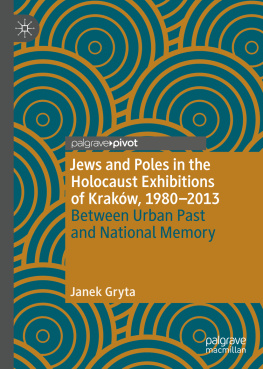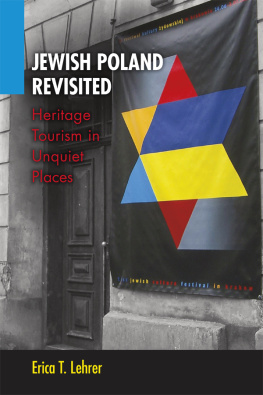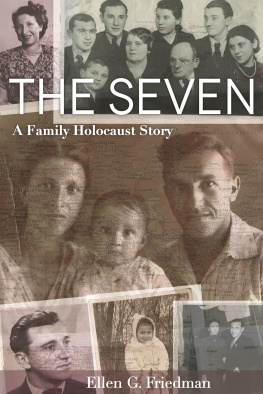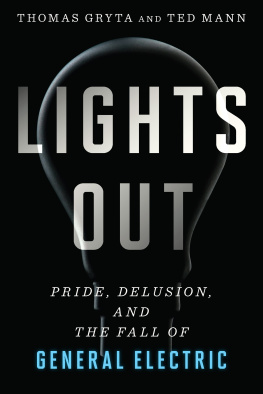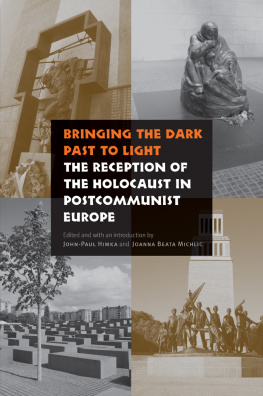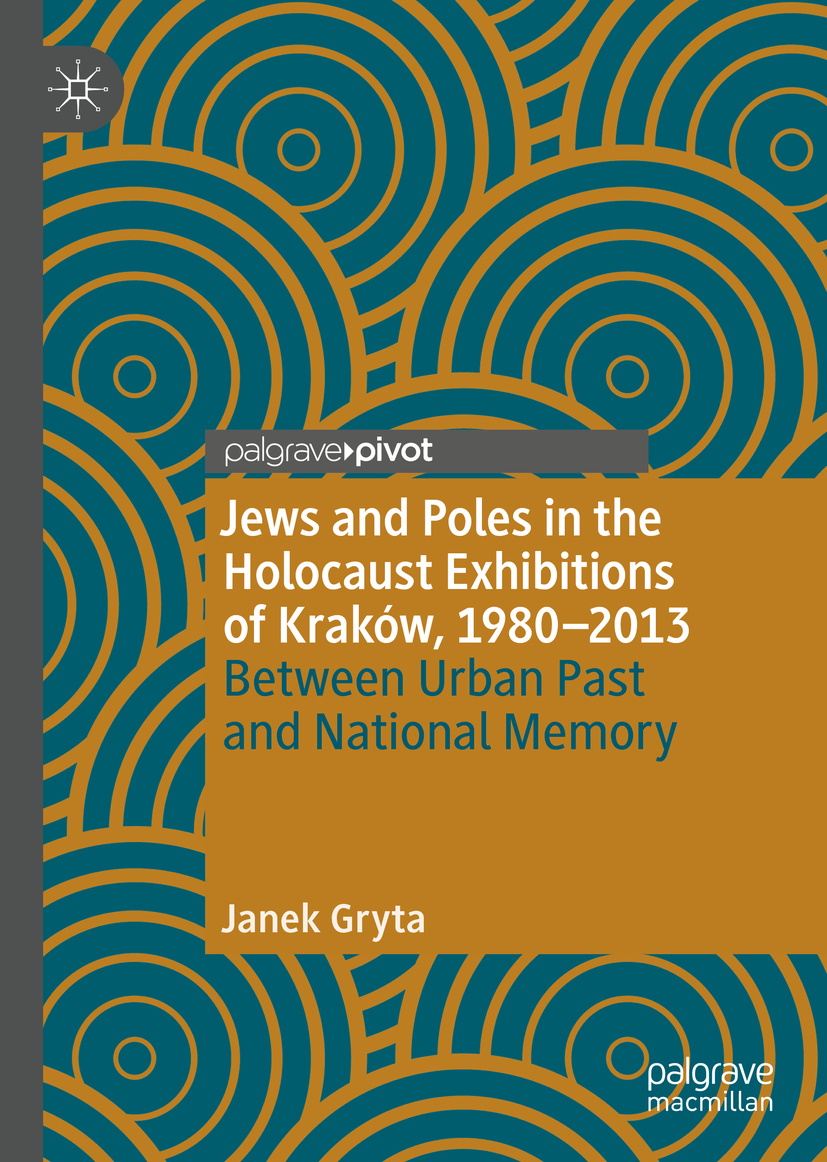I blame all of you. Writing this book has been an exercise in sustained suffering. The casual reader may, perhaps, exempt herself from excessive guilt, but for those of you who have played the larger role in prolonging my agonies with your encouragement and support, well you know who you are, and you owe me.
Writes Brendan Pietsch from Nazarbayev University in the Acknowledgements to hisDispensational Modernism. If, on occasion, work on this book has indeed been an exercise in sustained suffering, it was nevertheless worth it. I am extremely grateful for all the support and encouragement I received.
Special credit first and foremost goes to my PhD supervisor, who oversaw the earlier version of this text. I am grateful to Dr. Ewa Ochman, whose guidance, insightful suggestions and patience were critical for the development and outcome of this work. I also want to thank my co-supervisor, Dr. Cathy Gelbin, and my adviser, Dr. Jean-Marc Dreyfus, for their comments and support.
I am indebted to the reading-room and library staff from the National Archive in Krakw and the Archive of the Museum of Krakw for their help and support during my archival research. In particular I want to thank the Museum of Krakw, which provided the photograph for this book. I am thankful to the University of Manchester for awarding me the Presidential Doctoral Scholar Award, which allowed me to undertake my doctoral studies.
I am thankful to my fellow PhD students, flatmates and friends, for their support and encouragement. They kept me going in the darkest hours of this project. Alistair, Mary, Maria, Ellie, Stef, Jess, Ilya, Ana, Kathleen, Iwona, Matt and Davethank you! Special thanks go to my partner David.
I am grateful to Dr. Eleanor Jones for helping me with the proofreading endeavour. If the language of this book even remotely resembles English, it is her achievement.
Finally, I would like to thank all the bad metal bands that provided soundtrack for this project. It would not be completed if not for Turisas.
Abbreviations
GKBZH
Gwna Komisja Badania Zbrodni Hitlerowskich w Polsce (Main Commission for the Investigation of Hitlerites Crimes in Poland)
IPN
Instytut Pamici Narodowej (Institute of National Remembrance)
KIK (plural: KIKs)
Klub Inteligencji Katolickiej (Club of Catholic Intelligentsia)
MHK
Muzeum Historyczne Miasta Krakowa (Historical Museum of the City of Krakw)
MPW
Muzeum Powstania Warszawskiego (Warsaw Rising Museum)
OKBZH
Okrgowa Komisja Badania Zbrodni Hitlerowskich w Krakowie (Regional Committee for Investigation of Hitlerites Crimes)
PiS
Prawo i Sprawiedliwo (Law and Order Party)
PO
Platforma Obywatelska (Civic Platform)
PRL
Polska Rzeczpospolita Ludowa (Polish Peoples Republic)
PZPR
Polska Zjednoczona Partia Robotnicza (Polish United Workers Party)
SARP
Stowarzyszenie Architektw Polskich (Society of Polish Architects)
SLD
Sojusz Lewicy Demokratycznej (Democratic Left Alliance)
TPDP
Towarzystwo Przyjaci Dzielnicy Podgrze (Society of Friends of Podgrze District)
ZBOWiD
Zwizek Bojownikw o Wolno i Demokracj (Society of Fighters for Freedom and Democracy)
Contents
List of Figures
The Author(s) 2020
J. Gryta Jews and Poles in the Holocaust Exhibitions of Krakw, 19802013 https://doi.org/10.1007/978-3-030-38979-6_1
1. Introduction
Janek Gryta
(1)
University of Bristol, Bristol, UK
Abstract
The last decades of the twentieth century witnessed the emergence of cosmopolitan memory of the Holocaust, which has the potential to promote the global human rights regime. It is often seen as an American/Western European invention which spread to the East after the fall of the Iron Curtain, to the clear benefit of local populations. Yet in Poland, commemorations of the victims, and sometimes also of the perpetrators, of the Jewish Genocide have been a far more complex process. This study demonstrates that remembrance of the Holocaust in Krakw followed the cosmopolitan path long before this became a global standard, and that it offered a critical reading of the Polish national past which challenged ethno-nationalist visions of history and of the nation. This chapter outlines the most salient aspects of the Krakw past, sets out the battlefield of Polish memory and defines the basic terms which inform the study.
Keywords
Cultural memory Museum Krakw Jewish history
In the early years of the twenty-first century, if the Western media commented on Polish history or memory, it was generally because of Polish anti-Semitism. In 2018, the year in which I am writing these words, the Polish government has tried to criminalise information about Polish implication in the Holocaust . It granted new powers to the Institute of National Remembrance (Instytut Pamici Narodowej, IPN), the state memorial agency. For a short while, the Institute could prosecute people who talked about Polish death camps and, more importantly, who suggested that the Polish nation or the Polish state shared some responsibility for the crimes perpetrated by the Nazis. Such accounts were, according to the legislation, against the facts. The affair has, nevertheless, confirmed the strength of the belligerent ethno-nationalism and anti-Semitism which were still widespread in Poland .

